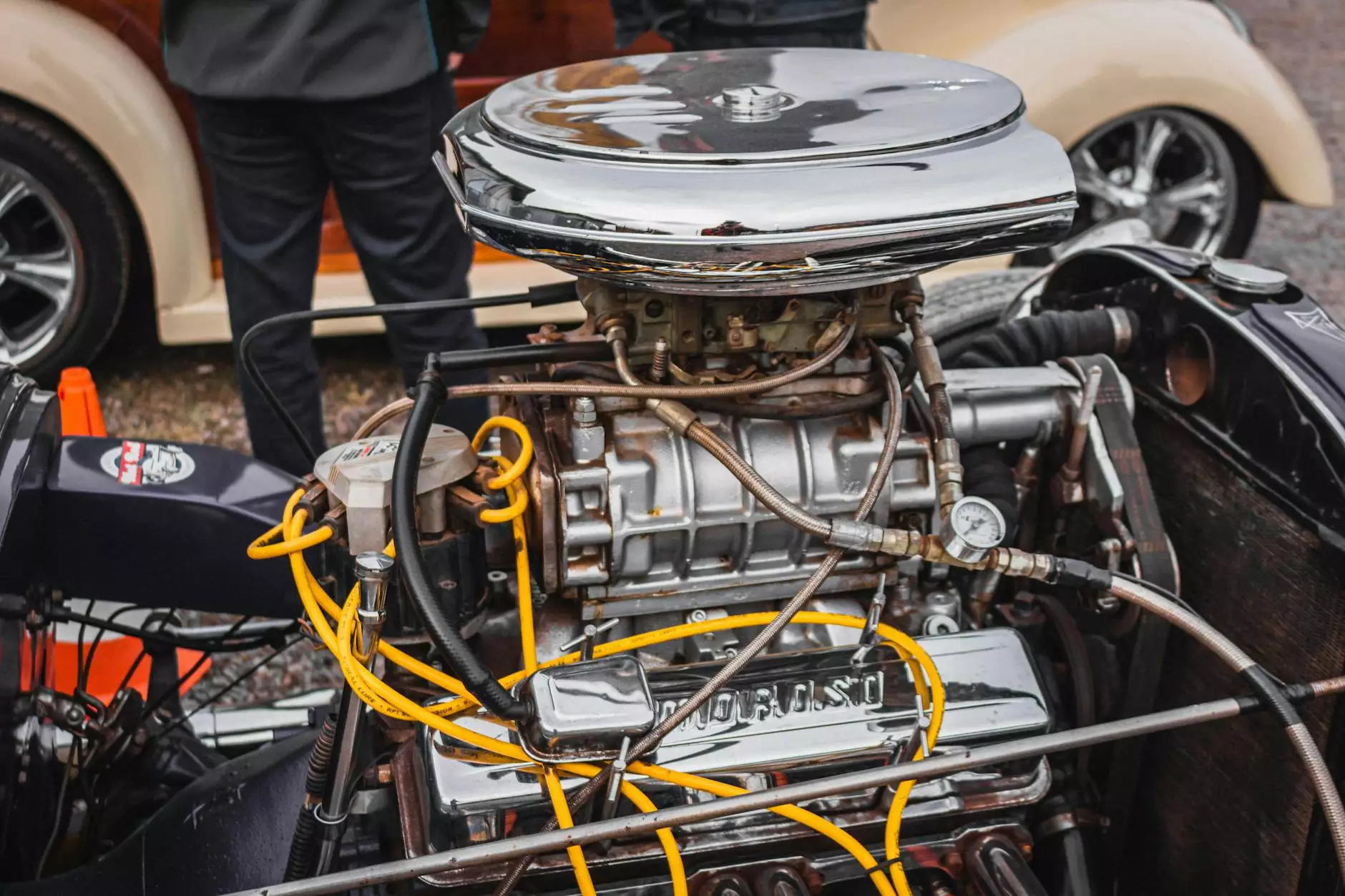Understanding Automatic Transmission Torque Converters

The automatic transmission torque converter plays a crucial role in the workings of modern vehicles, serving as an integral component that ensures a smooth driving experience. This article will delve into the mechanics, benefits, and specific features of torque converters, thus providing comprehensive insights that can help automotive enthusiasts, mechanics, and everyday drivers appreciate their significance. We will explore how to choose the right torque converter and the common issues associated with them, alongside maintenance tips to enhance their longevity.
What is an Automatic Transmission Torque Converter?
To understand the role of an automatic transmission torque converter, we must first grasp what it is. A torque converter is a hydraulic device that transfers rotating power from the engine to the transmission. Unlike traditional manual transmissions with a clutch pedal, torque converters replace the need for a clutch by allowing the engine to keep running while the vehicle is at a standstill, enabling a seamless transition as the car accelerates.
How Does a Torque Converter Work?
The operation of a torque converter is fascinating and involves several key components:
- Stator: Redirects transmission fluid within the converter for efficiency.
- Turbine: Connected to the transmission, it absorbs fluid from the engine and converts it into rotational energy.
- Impeller: Drives the fluid into the turbine for power transfer.
When the engine runs, the impeller spins, creating a vortex of fluid that pushes the turbine. This action propels the vehicle forward without the need for a direct connection of the engine to the transmission. With increased RPMs, the torque converter multiplies torque, especially during acceleration, enhancing vehicle performance and responsiveness.
Benefits of Automatic Transmission Torque Converters
Choosing a vehicle with a well-designed automatic transmission torque converter offers numerous advantages:
1. Smooth Gear Changes
One of the most notable benefits of torque converters is their ability to facilitate smooth transitions between gears. This results in a more comfortable ride, with minimal jerkiness felt during acceleration or deceleration.
2. Improved Fuel Efficiency
Modern torque converters are designed to optimize fuel efficiency. They allow for better engine performance under various driving conditions, minimizing wasted fuel and maximizing energy conversion.
3. Enhanced Power Delivery
Torque converters excel at delivering power efficiently. When more power is needed, such as during rapid acceleration or climbing up a hill, the torque converter effectively multiplies the engine's torque, allowing for quick and assertive performance.
4. Reduced Stress on the Engine
By managing the transfer of power from the engine to the wheels, torque converters reduce the risk of strain on the engine. This results in a longer lifespan for both the engine and the transmission.
Choosing the Right Torque Converter
Selecting the appropriate automatic transmission torque converter is vital for optimal vehicle performance. Here are key considerations:
1. Vehicle Type and Usage
Consider the type of vehicle you have and how you use it. For heavy-duty applications (like towing), you might need a performance-oriented torque converter designed to handle greater torque loads.
2. Stall Speed
The stall speed of a torque converter is the RPM at which it begins to transfer torque to the transmission. Choosing the right stall speed depends on the engine's power band and intended use of the vehicle.
3. Compatibility
Ensure that any torque converter you choose is compatible with your vehicle's transmission. Mismatched components can lead to suboptimal performance or even damage.
4. Performance vs. Comfort
Decide if your priority is performance or comfort. Performance-oriented torque converters may provide better acceleration but can sacrifice some smoothness in daily driving conditions.
Common Issues with Torque Converters
While torque converters are built to withstand significant stress, several issues can arise over time:
1. Slipping
If the torque converter begins to slip, you may notice a decrease in acceleration and overall engine performance. This can be caused by worn components or insufficient hydraulic fluid.
2. Overheating
Excessive heat generated within the torque converter can lead to damage. Common causes include low transmission fluid or problems elsewhere in the transmission system.
3. Noise Issues
Unusual noises, such as whining or grinding, can indicate internal issues within the torque converter. These sounds should never be ignored as they can signify significant damage.
4. Fluid Leakage
Fluid leaks can diminish performance and lead to severe transmission problems. It's essential to regularly check for signs of fluid leaks and address them promptly.
Maintaining the Torque Converter
Proper maintenance of your automatic transmission torque converter can help prolong its lifespan and ensure smooth vehicle operation:
1. Regular Fluid Changes
Changing the transmission fluid according to the manufacturer’s recommendations is critical for the longevity of the torque converter. Fresh fluid ensures optimal performance and helps prevent overheating.
2. Monitor Performance
Be vigilant in observing how your vehicle performs. If you notice any changes in acceleration, unusual sounds, or other performance issues, seek professional evaluation and repair.
3. Ensuring Proper Cooling
Ensure that the coolant system for the transmission is functioning correctly. A well-cooled torque converter operates more efficiently and lasts longer.
Conclusion
The automatic transmission torque converter is a vital component that enhances driving comfort and vehicle efficiency. Understanding its mechanics, benefits, and maintenance can empower vehicle owners to make informed decisions about their automotive needs. At Shenghai Auto Parts, we provide comprehensive resources and quality auto parts to support your vehicle's performance. Embracing the advancements in torque converter technology not only contributes to a more enjoyable driving experience but also ensures that your vehicle continues to function optimally for years to come.









